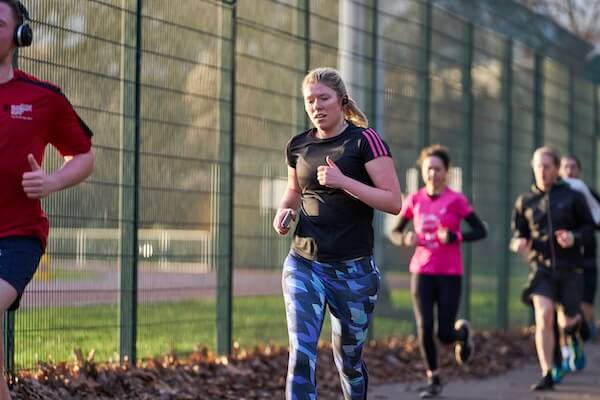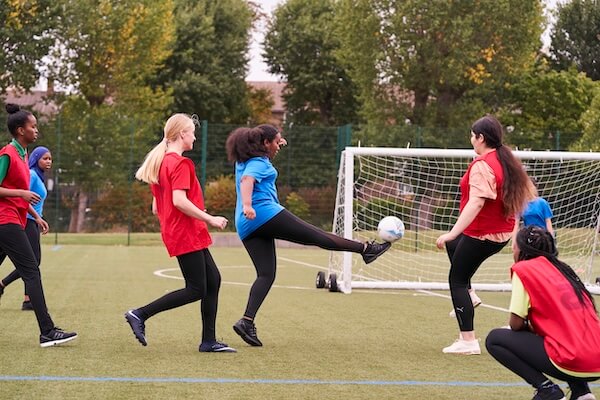
I love listening to podcasts on my commute to work, and one of my
favourites is The Vergecast.
In a recent
episode, host David Pierce and fitness expert Victoria Song
discussed one of the most common—and most quickly abandoned—New
Year’s resolutions: getting in shape. They shared some fantastic
insights on how to build sustainable fitness habits without
burning out. Since I found their advice so helpful, I wanted to
share some key takeaways with the KeepActive audience!
My Key Takeaways
1. Rethink Fitness Goals
It’s tempting to set grand goals like getting "shredded by June," but Song stresses that fitness success starts with realistic objectives. Instead of overcommitting, focus on small, manageable changes. If you’re currently walking 3,000 steps a day, aim for 3,500 next week. Fitness isn’t a sprint—it’s a long-term journey.
Key Tip: Break your goals into achievable milestones to avoid burnout.
2. Find What You Love
Fitness doesn’t have to be a chore. Whether it’s running,
dancing,
or hiking,
the key is to find activities you genuinely enjoy. Song kept
herself motivated with a playful "fantasy
hike" app that turned her step count into a journey to
Mordor. Adding fun and competition to workouts can help you stay
on track.
Looking for some ideas? Try searching KeepActive for local
activities that excite you - social groups, clubs and
coaches.
Key Tip: Experiment with different activities until you find what excites you.
3. Start Small and Make It Easy
Many people fall off their fitness plans by going too hard too soon. Instead, create micro-goals that feel almost "too easy." For example, commit to a 10-minute walk twice a week. Once you’ve built consistency, you can gradually increase the intensity.
Key Tip: Lower the bar to build momentum. Success builds over time.
4. Use Tools That Work for You
Fitness apps and trackers can motivate you if used correctly. Look for apps that encourage consistency without guilt-tripping. Song recommends tools like Gentler Streak, which nudges you gently and allows breaks without penalising you for missed workouts.
Key Tip: Pick one metric—steps, minutes of activity, or gym visits—and focus on progress, not perfection.
5. Forgive Yourself and Break Streaks
Everyone hits slumps, even fitness pros. Song suggests breaking streaks on purpose to prove to yourself that missing a day isn’t the end of your journey. Trust that you’ll return to your routine.
Key Tip: Life happens. Celebrate small wins, and don’t sweat missed workouts.
6. Gamify Your Workouts
For many, a sense of fun and competition keeps fitness engaging. Song's fantasy hiking app and other step challenges helped her stay motivated. Even something as simple as running to a donut shop worked wonders for one of the podcast hosts!
Key Tip: Add a playful element to your workouts—reward yourself with something you love.
7. Focus on Long-Term Goals
There’s no need to rush. Fitness is a lifelong journey. Song's goal is to run a sub-30-minute 5K, but she’s giving herself years to reach it. Small improvements, like adding an extra flight of stairs or cutting a few minutes off a run, have significant long-term benefits.
Key Tip: Sustainable progress is key. Focus on slow, steady improvement over time.
Final Thought
Fitness doesn’t have to dominate your life to make a difference. Start small, enjoy the process, and give yourself room to quit or adjust when needed. Every small step counts, whether you're walking to Mordor, running to a donut shop, or dancing in your living room. Let's make this the year where your fitness resolution finally sticks!






